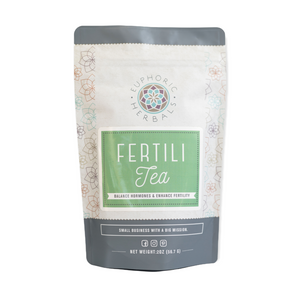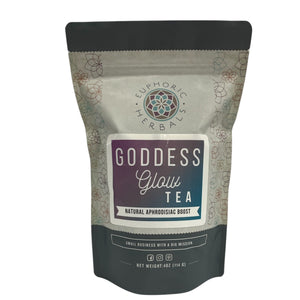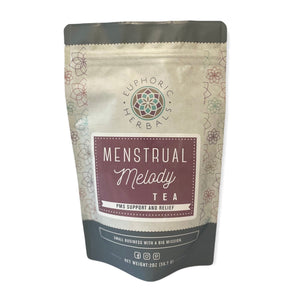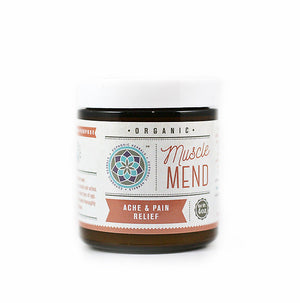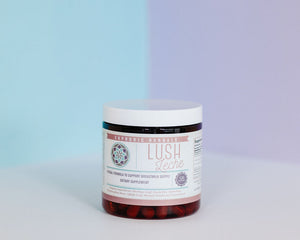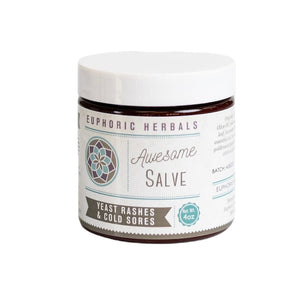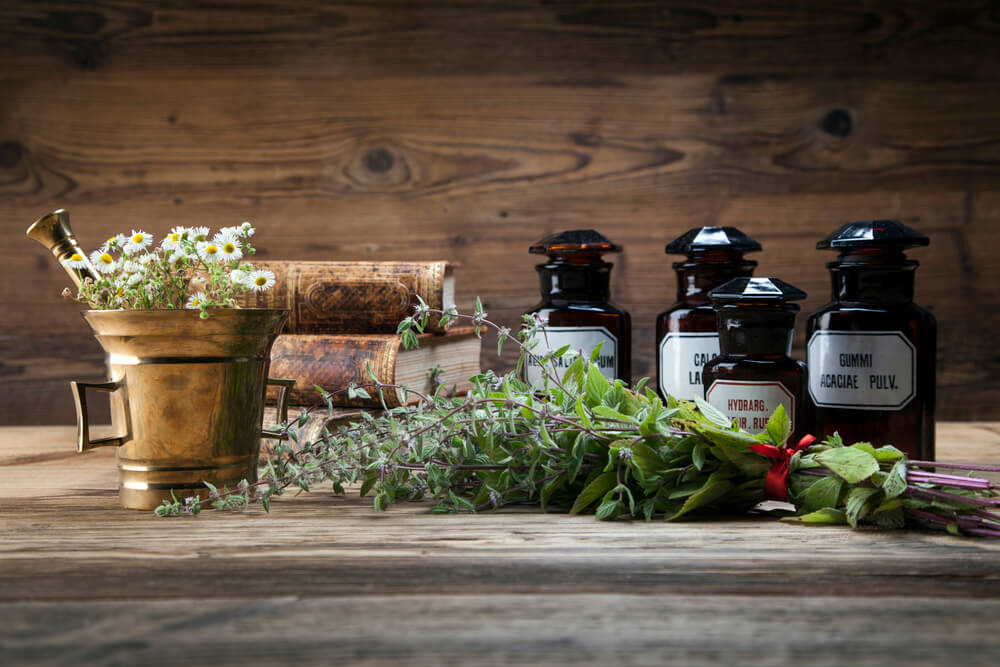With the rediscovery of many ancient herbal traditions and the emergence of a modern herbal movement, many people have come to fall in love with herbs and how they can support the human body.
If you feel the call to work with herbs in some way, you might be wondering how many business opportunities exist.
The good news is there are plenty of ways to profit from your love of herbs- more than you may realize. Of course, you can always seek out an existing herbal business to work for, but if you have the entrepreneurial spirit, here are some ideas for starting your own herbal operation.
Herbal Business Ideas: Profiting from Plants
#1- Sell Herbs in Bulk
As the art of herbalism keeps growing in popularity, more and more people are looking for herbal ingredients to make their own preparations at home. This means there's already a lot of demand for herbs sold in bulk.
You don't have to be a huge herbal seller to take advantage of this demand (although you can aim for this goal if you want to).
Once you find a supplier (or suppliers), you can sell herbs locally through a farmer's market, physical store, or even word of mouth. Or you can start developing an online store and ship herbs to customers.
#2- Craft Herbal Teas

Herbal teas are filled with benefits and can also be delicious. They can be crafted to support a specific body system or health issue (think respiratory support, sleep aid, etc.), for flavor, or both.
Most people don't have the knowledge or time to start making their own herbal blends at home. If this is something you enjoy doing and are practiced at, you can fill this need by making a select variety of teas and selling them.
Again, this can be done locally or by building an online store. In fact, many business owners do both, gradually growing their market as their business evolves.
#3- Make Herbal Extracts
Herbal extracts are another highly popular herbal preparation. They are typically made with alcohol, vegetable glycerin, or apple cider vinegar and have the benefit of being extremely easy and quick to take.
Just like with herbal tea, many people don't have the knowledge or time to make extracts. If you do, you can develop your own line of herbal extracts made with a single herb or a combination of several.
You can go the route of making herbal bitters to support digestion, alcohol-free tinctures, or any of many different options, depending on where your interest lies. Then, sell them locally, online, or even to a larger herbal retailer.
#4- Develop Herbal Skincare Products
Most people think of herbs in connection with internal use, but they can also be made into excellent skincare products.
Developing an herbal skincare line could be as simple as making bath salts that are infused with herbs, essential oils, and other natural ingredients. Or you can make more complex products like lotions, deodorant, or soap.
Salves (including lip balm) are a great example of a simple, yet highly effective, skincare product that most people won't make at home but would love to buy.
#5- Open a Clinical Practice

If you have a deep understanding of herbs as they relate to human health and a love of helping people, you may want to consider working as a clinical or certified herbalist.
This route does take a lot of education, training, and time. There's no specific definition of what "clinical" means when it comes to herbalism, but it typically involves some type of certification(s) and a knowledge of both how the human body works and how herbs interact with the body.
Many clinical herbalists choose to work with clients who are interested in utilizing herbs but don't know where to start. However, it's important to keep in mind that you cannot "diagnose" or "treat" anyone without a medical license.
#6- Become an Aromatherapist
Aromatherapy is one specific option if you want to go down the "clinical" pathway. Instead of using herbs in the strictest sense, aromatherapists make use of essential oils and various holistic techniques to help clients with their physical and emotional well-being.
Plan for in-depth study and some type of certification program if you want an aromatherapy business. There aren't any official licensing standards in the U.S., but there are various professional groups, like the National Association of Holistic Aromatherapy (NAHA), that you can turn to to get started.
#7- Teach Others About Herbs
If you want to share your knowledge of herbs without worrying about clients and a clinical practice, you can turn to teaching instead.
There are many ways to do this, whether it's teaching classes locally, offering wellness coaching, developing an online course, or even writing a book. (In fact, some of the herbal business ideas to come are examples of different teaching opportunities.)
Many herbalists also work teaching into another type of business. For example, if you want to sell herbs, you can draw in customers by providing material on how to use the herbs you are selling.
#8- Grow or Wildcraft Herbs

If you were born with a green thumb, growing or wildcrafting herbs could be the business for you. You can then sell them to wholesalers, retailers, or directly to customers, depending on your preference and the size of your operation.
Of course, having a farm of any size is a lot of work and comes with all the challenges of dealing with nature. Wildcrafting is an art in itself and has many important guidelines so that you can harvest sustainably (and legally).
But if either of these is a passion for you, there's no reason they can't turn into a business.
#9- Build a Monetized Blog
Blogging has become an incredibly popular way to both share a passion with the world and make extra income. There are many examples of bloggers who make a full-time living with their website, although they are a pretty small percentage.
If you are interested in teaching others about herbs, sharing recipes, etc., blogging is one way to do it. However, keep in mind that it takes a lot of work and could take several years before you see any income from your blog.
Another option is to tie a blog into some kind of online herbal shop to draw more customers in.
#10- Dive Into Social Media (or Podcasting)
There's no doubt that social media is here to stay- at least for the foreseeable future. And it offers another platform for aspiring entrepreneurs to build a following and make a living.
While social media is often an important part of having any type of business nowadays, it is possible to become an "herbal influencer" and earn money strictly by recommending products, getting sponsors, etc. through various social platforms.
Podcasting is another very popular way for consumers to receive information and can become either the main part of or a support to your herbal business.
#11- Write Herbal Content

The number of businesses with a website or a blog is steadily growing, and this includes all types of herbal businesses. This means there's a huge opportunity for those with herbal knowledge and a love for writing.
You can make a full-time living as a freelance writer by seeking out clients you can offer your writing skills to. You can write traditional blog posts, social media posts, email copy, sales page copy, and so on.
Clients to look for would include any type of business already mentioned in this article: herb store owners, herb growers, aromatherapists, etc. The options are really almost endless!
#12- Weave Herbs into Another Profession
While many herb-lovers want to create a standalone herbal business, others find a lot of success with weaving herbs and natural remedies into a compatible profession.
For example, herbal supplements, teas, and extracts are a great complement to chiropractic care, nutritional advice, personal training, and even an established medical practice. Herbs and essential oils can also be used as part of massage therapy or in a spa setting. Another option is to add wellness coaching using herbs to your services if you already work in a health-related area.
The sky is the limit (almost) when it comes to creative ways to work herbs into a business you love. Just remember you can't diagnose or treat anyone unless you have a medical license, which means you'll need to learn the appropriate 'legal' language to use when you work with customers or clients.
Herbal Business Ideas: The Options are Endless
Hopefully, this list of herbal business ideas has got you thinking and dreaming. As you consider where you want to go from here, just remember that this list is only a starting place. There are too many options to put in one article, and you might discover another business idea that isn't included here.
Wherever you decide to take your love of herbs- whether it's opening an apothecary or starting a podcast- make sure you have a good foundation and lots of practice with herbs first. Then, find a way to share that with the world!
Disclaimer: This post is for informational purposes only. It does not constitute medical (or business) advice and should not be substituted for medical advice. Please consult your health care provider, herbalist, midwife, or naturopathic physician before taking herbs, supplements, etc. Here's the link to our full disclaimer.






















































